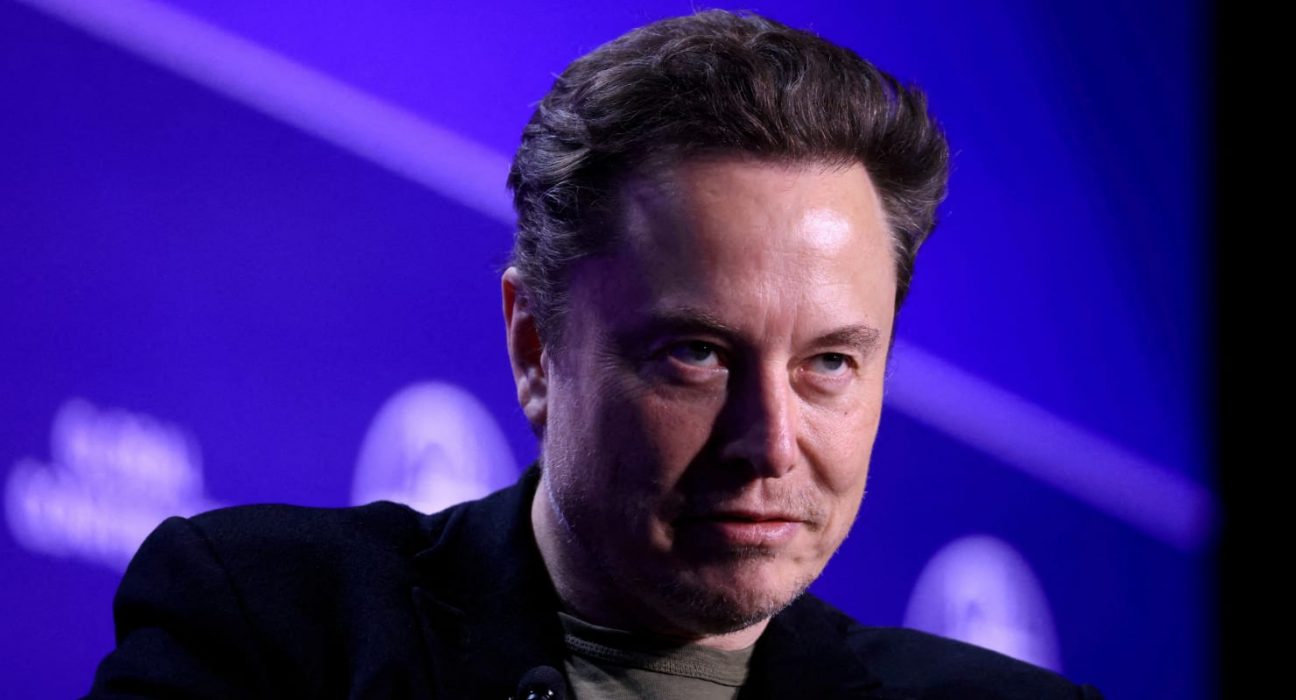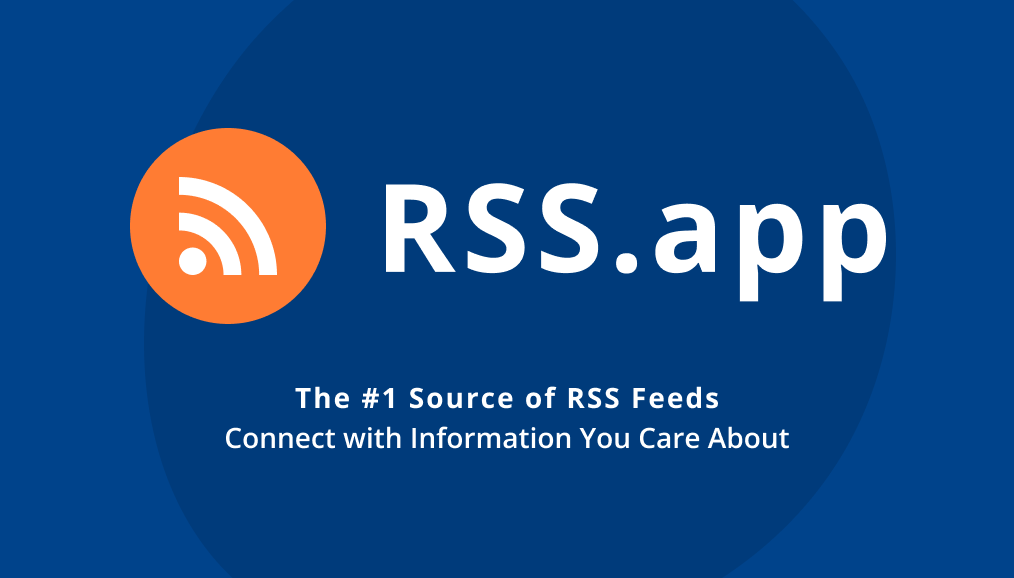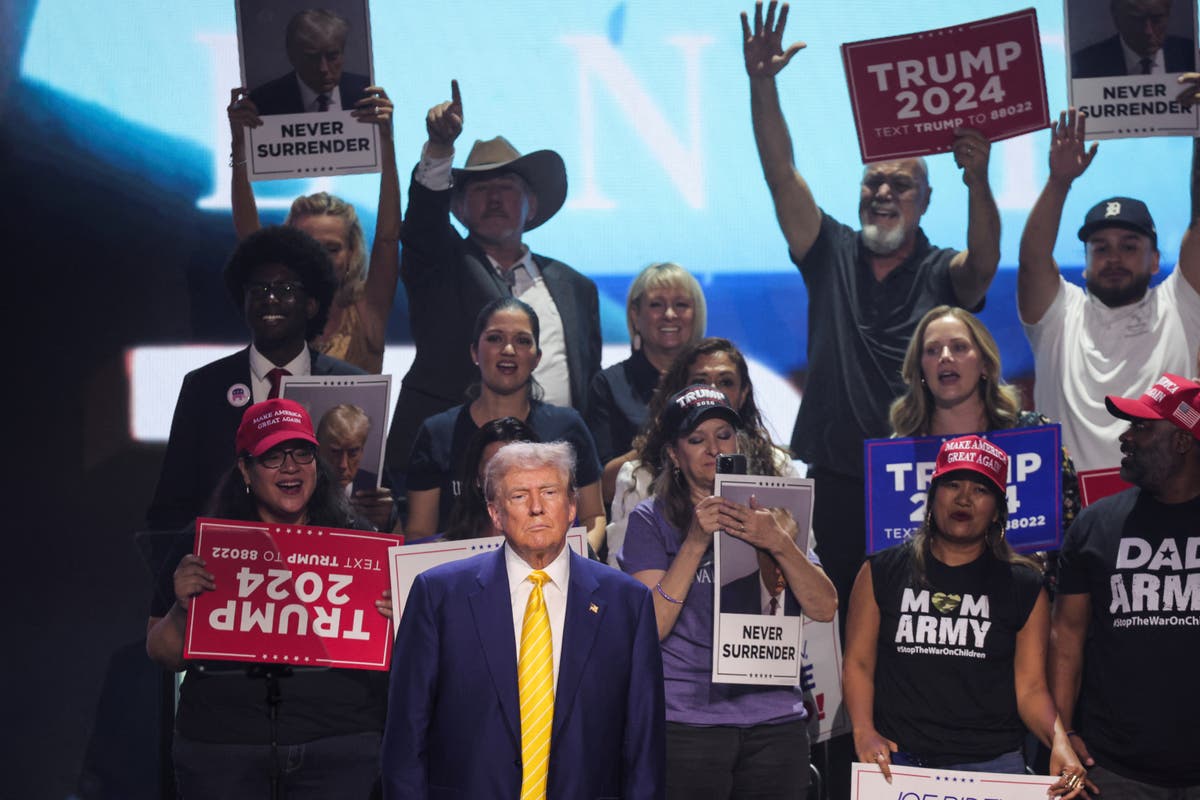Musk Threatens to Ban iPhones and Other Apple Devices From His Businesses

Elon Musk was deeply unimpressed with the new partnership Apple unveiled with OpenAI Monday, vowing to ban the iPhone-maker’s devices from his companies if it goes ahead with its artificial intelligence plans.
In a post on his X platform, Musk said he would institute the ban if Apple “integrates OpenAI at the [operating system] level,” describing such a development as “an unacceptable security violation.” The billionaire added that visitors would also “have to check their Apple devices at the door, where they will be stored in a Faraday cage.”
Apple announced at its Worldwide Developers Conference on Monday plans to introduce a new suite of AI tools in its operating systems, including those for iPhones, iPads, and Macs. Technology from OpenAI—the company best known as the maker of ChatGPT—will be used for some of the new features. ChatGPT itself will be integrated with Apple’s digital assistant Siri and other tools.
“It’s patently absurd that Apple isn’t smart enough to make their own AI, yet is somehow capable of ensuring that OpenAI will protect your security & privacy!” Musk wrote in another post on X. “Apple has no clue what’s actually going on once they hand your data over to OpenAI. They’re selling you down the river.”
X’s Community Notes feature—which Musk himself introduced on the site after his takeover of Twitter—added contextual information to one of Musk’s other furious tweets in which he claimed Apple is not “protecting privacy at all” while “handing your data over to a third-party AI that they don’t understand and can’t themselves create.”
The note said that Musk’s assumption “misrepresents” what was announced, explaining that Apple Intelligence is actually the company’s “own creation.” “You control when ChatGPT is used and will be asked before any of your information is shared,” Apple says.
OpenAI separately said privacy protections “are built in when accessing ChatGPT within Siri and Writing Tools,” adding that users’ IP addresses are obscured and their requests aren’t stored by OpenAI.
Musk co-founded OpenAI in 2015 but left the company three years later. He’s since founded a rival artificial intelligence company, xAI, and has become a noisy critic of OpenAI and its CEO, Sam Altman.
Musk filed a lawsuit earlier this year accusing Altman and his company of having betrayed OpenAI’s original purpose by pursuing profit instead of the creation of technology to benefit humanity (OpenAI claimed Musk actually supported the idea of making a for-profit entity which he would control).










